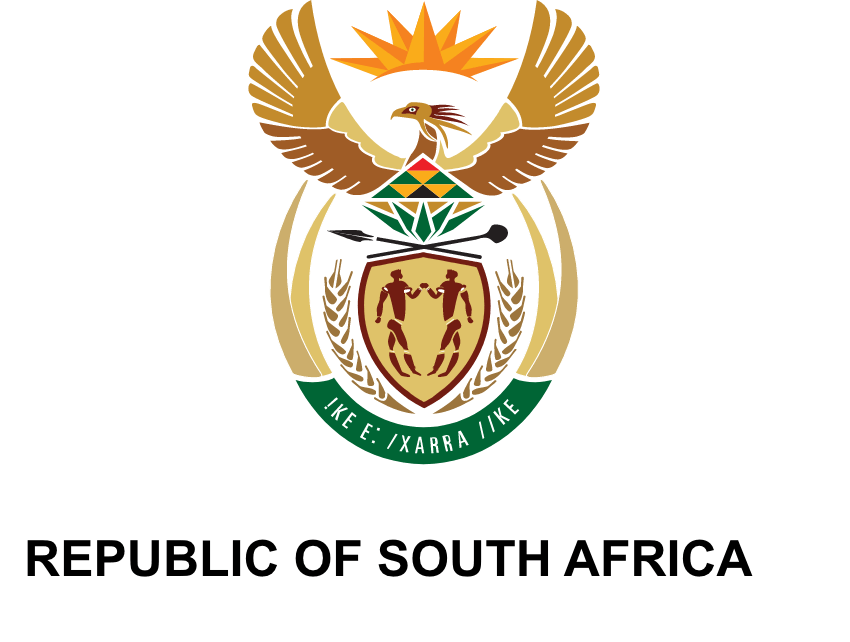Skills for a growing economy
Our aim is to create a more conducive environment for attracting skills, enabling companies to invest in South Africa and supplying the skills that the economy needs.
Key initiatives
- University internships for 3 000 university graduates for work experience
- Funding to place 168 000 beneficiaries in short-skills programmes
- 222 418+ workplace-based learning opportunities for young people
- 105 276+ bursaries for learners and educators for study to develop scarce skills
COVID-19 interventions
The Department of Higher Education and Training has developed a skills strategy for the implementation of the Economic Reconstruction and Recovery Plan.
Empowering young people
In addition to expanding public employment, we are providing support to young people to prepare them for work and link them to opportunities.
Our new approach to skills development links skills training directly to the demand in the economy. The pay-for-performance initiative for digital skills is a R200 million pilot project that will deliver demand-led digital, global business services and technology skills training, and enable 4 500 young people to access workplace experience in line with Presidential Youth Employment Intervention (PYEI), which seeks to develop an agile workforce.
As part of the intervention, young people are being recruited into the revitalised National Youth Service, which offers them opportunities to undertake work that builds the community and that provides them with skills, self-confidence and work experience. These young people will receive training in digital skills, and youth-owned enterprises will receive support to expand and hire. To date, 42 000 young people out of a target of 50 000 for this year have been recruited.
The Youth Employment Service (YES) programme is a business-led collaboration that was established together with private sector partners. It was introduced to stimulate job creation and create one million quality work experiences for unemployed black youth. These young people will receive skills development through learning programmes while participating in the YES programme. The aim is to develop the participants’ skills and offer them the necessary experience to pursue permanent employment opportunities. The YES programme has to date created over 86 500 work experiences for young people.
We will be increasing the value and expanding the criteria for participation in the Employment Tax Incentive to encourage companies to hire new work seekers. The changes will also make it easier for small businesses to hire young people.
We launched the SA Youth mobi platform, which provides pathways for young people to employment, learning and youth enterprise. To date, over 3.3 million young people have registered on the platform and more than 894 877 young people have been placed in learning opportunities.
Digital Work Accelerator
Government and the private sector have worked closely together to grow the global business services sector from a small group of companies to one of the world’s leading players. We are on track to implement the Global Business Services Master plan and the Digital Work Accelerator to drive job creation in the digital and tech sector. It is aimed at upskilling young people.
The global business services sector is on track to create 500 000 new jobs over the next few years.
Upskilling teachers
There is significant work under way to strengthen basic education through training and equipping teachers to promote early grade reading, and bringing new teachers into the system through the Funza Lushaka programme.
As part of a move to ensure teachers have future-proofed skills, we have developed a digital platform to train teachers in coding and robotics.
Attracting skilled immigrants
The world over, the ability to attract skilled immigrants is the hallmark of a modern, thriving economy. The updated Critical Skills List reflects the skills that are in shortage today, to ensure that our immigration policy matches the demands of our economy.
We are streamlining and modernising the visa application process to make it easier to travel to South Africa for tourism, business and work. We completed a comprehensive review of the work visa system, with detailed recommendations to attract skilled immigration and investment.
The eVisa system has been launched in 14 countries, including China, India, Kenya and Nigeria.


